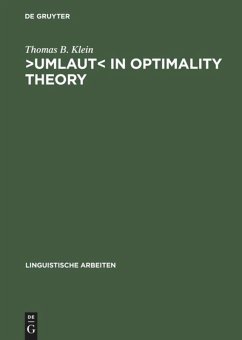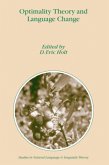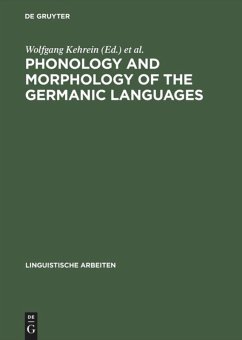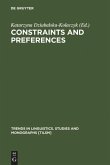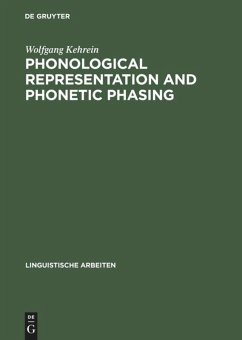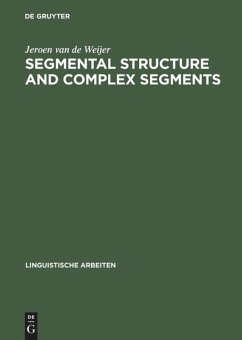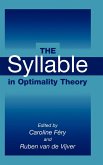In this first book-length study of synchronic umlaut, a comprehensive comparative analysis of the phonology and morphology of the umlaut alternation in present-day German and the Austronesian language Chamorro is presented in the framework of Optimality Theory. Umlaut in German and Chamorro is local and noniterative vowel fronting at the edge of a morphological base. Umlaut in German is stress-insensitive, morphologically conditioned, and takes place at the right edge of words, whereas Chamorro umlaut interacts significantly with stress, is phonologically and morphologically conditioned and takes place at the left edge of words. The account of German and Chamorro umlaut presented in this book results in a fresh perspective of the phonology-morphology interface and the interaction between segmental and metrical structure with wide cross-linguistic implications. A new conception of morphological conditioning based on morphological faithfulness and Representation as Pure Markedness is developed. Given this approach, I propose that the requirement that there is no back vowel at the edge of the morphological base plays a fundamental role in German and Chamorro umlaut. It is demonstrated how the interaction of Pure Markedness desiderata and alignment, faithfulness and markedness constraints accounts for German and Chamorro umlaut without floating autosegments. Moreover, a careful analysis of Chamorro stress is able to explain the umlaut-stress interaction without the previously necessary, yet problematic transderivational correspondence relation. The Chamorro data collected for this study through extensive field research on Guam and Saipan contribute significantly to the documentation of this endangered language.
Hinweis: Dieser Artikel kann nur an eine deutsche Lieferadresse ausgeliefert werden.
Hinweis: Dieser Artikel kann nur an eine deutsche Lieferadresse ausgeliefert werden.

